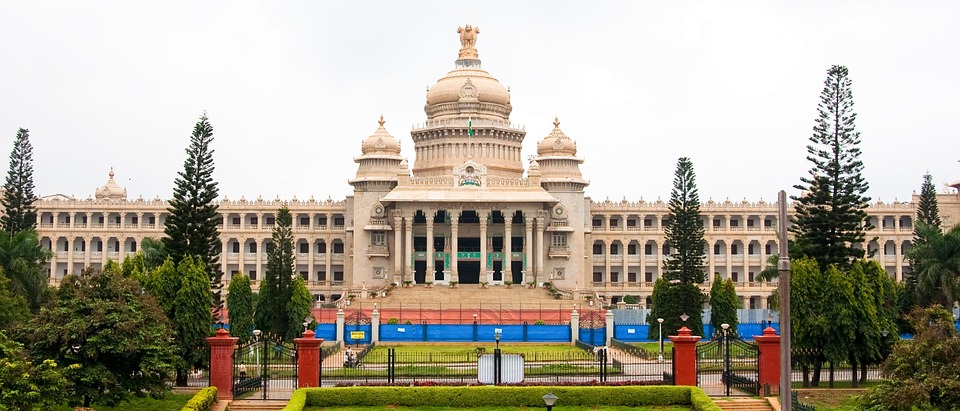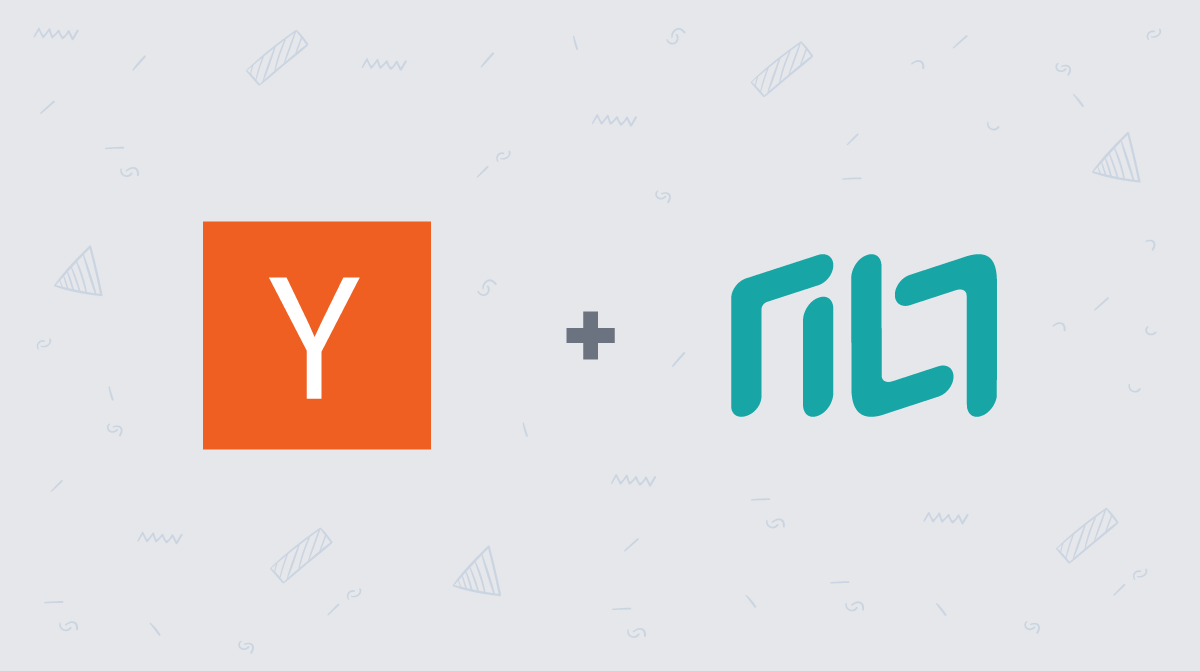Bengaluru finds 26th place behind other Asia Pacific cities like Tokyo, Singapore, Seoul & Shenzhen. Delhi finds a place for the first time at 36th
Bengaluru, NFAPost: In a bloody blow to Bengaluru’s ambition to be known as Silicon Valley of Asia, a comprehensive global survey that maps the global startup industry in over 150 cities worldwide by Startup Genome fails to recognise any cities from India, known for third largest startup ecosystem in the world.
The Startup Genome Ecosystem report, which started publishing annually since 2012, states that California’s Silicon Valley ranks first in this year’s report, followed by New York City and London in the 2nd and 3rd places.
Bengaluru finds 26th place behind other Asia Pacefic cities like Tokyo, Singapore, Seoul and Shenzhen. It is interesting find Delhi in the 36 place. It is interesting note that Delhi is among the eleven ecosystems appeared in the top 30 and runners-up global ecosystem list for the first time. The cities include Tokyo, Seoul, Shenzhen, Hangzhou, Sao Paulo, Salt Lake-Provo, Dallas, Copenhagen, Melbourne and Montreal.
The report this year doubled the number of ecosystems studied since its last published rankings — assessing over 270 ecosystems across over 100 countries to rank the top 40 globally and produce the top 100 emerging ecosystems rankings. For the 2020 rankings specifically, Genome Ecosystem measured a total of seven Success Factors, including performance, funding, market reach, talent, connectedness, knowledge and infrastructure.
The report states that most of these ecosystems is witnessing a spurt in the ranking is driven by billion-dollar club startups (unicorns and companies with billion-dollar exit rounds). There are, however, some differences in the underlying reasons for these success stories.
Key Findings
- Silicon Valley remains the top performer in value creation and exits, with ecosystems like Boston, London, New York City, and Beijing also performing strongly.
- Chinese ecosystems do exceptionally well in the measurement of Startup Success, showing how Chinese startups are able to move onto the next stage of funding with relative ease — for instance, going from Series A to B.
- São Paulo, Salt Lake-Provo, and Delhi punch above their weight in translating successful startups into subsequent high valuation funding rounds.
The report states that technology innovation centers in Asia — Tokyo, Seoul, Shenzhen, and Hangzhou — made it to the top ecosystem ranking for the first time. The report mentions Bengaluru along with Paris and Singapore for their high access as well as quality and activity of Funding.
The funding success factor assesses factors like access and quality & Activity. Access provides the function of early-stage funding volume and funding growth. Quality and Activity means a combination of the number of local investors, investors’ experience (average years of experience and exit ratio), and investors’ activity (percentage of active investors in the first quarter of 2020, and the number of new investors).
Dallas, Montreal, Munich, Miami, and Delhi all rank high in Knowledge score despite relatively lower ranks in the top 40. The knowledge success factor assesses research and patents. In this research is based on the H-Index, a measure of publication impact and the metric looks at the production of Life Sciences research at the country level. Patents factor in the volume, complexity, and potential of patents in Life Sciences created in the ecosystem.
The Israeli ecosystem which includes Tel Aviv and Jerusalem together is ranked as the sixth most attractive ecosystem in the world for startups and innovation. For the first time, Tel Aviv and Jerusalem have been ranked together due to their geographical proximity.
The section devoted to Tel-Aviv – Jaffa points out that the city continues to lead the global and Israel high tech and innovation industry. Tel Aviv’s main strengths include AI, Big Data, and cloud technologies, which account for over 40% of the startup companies.





